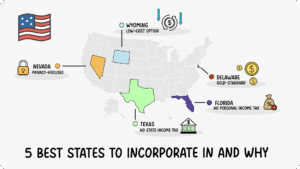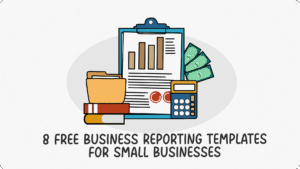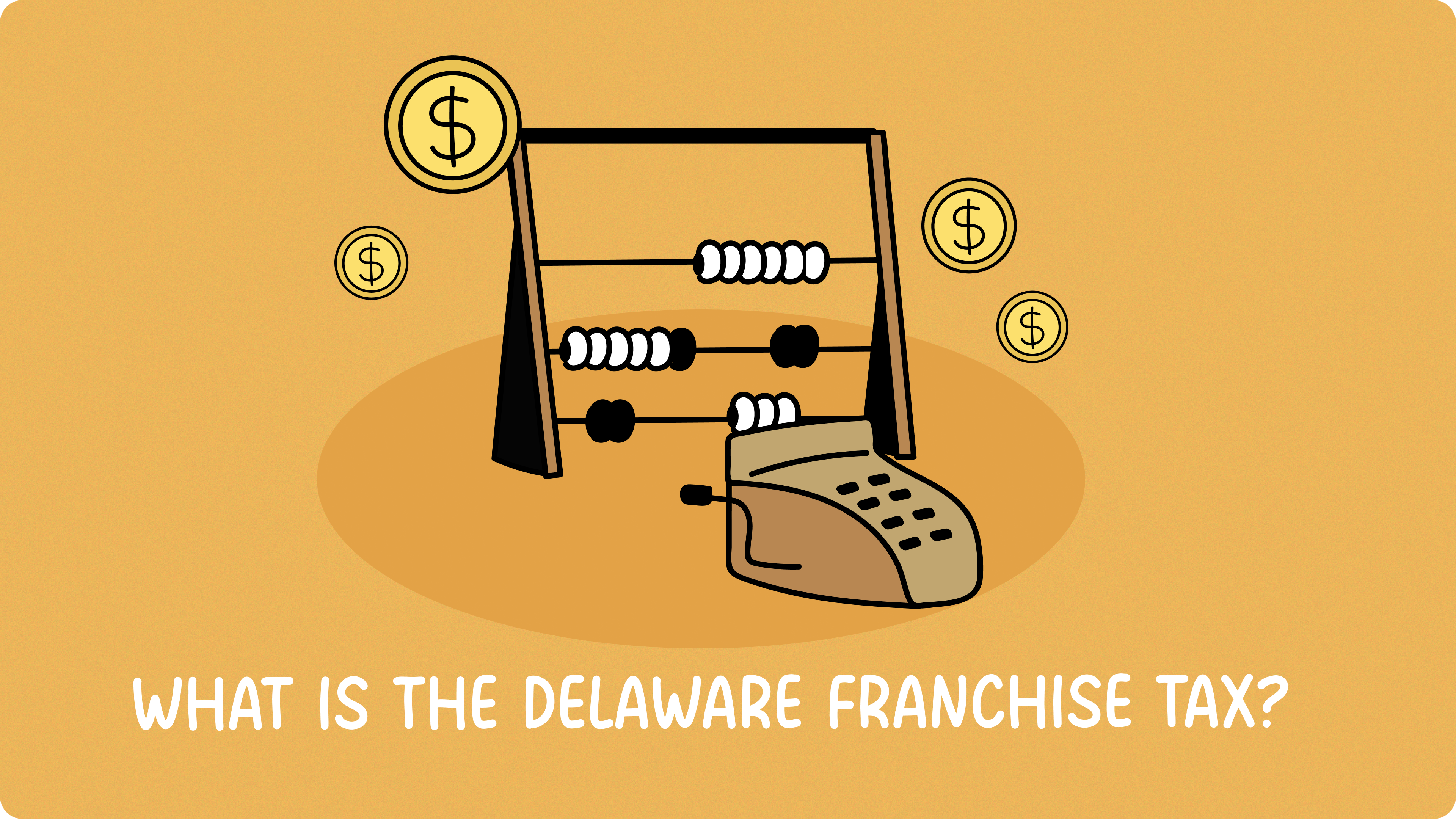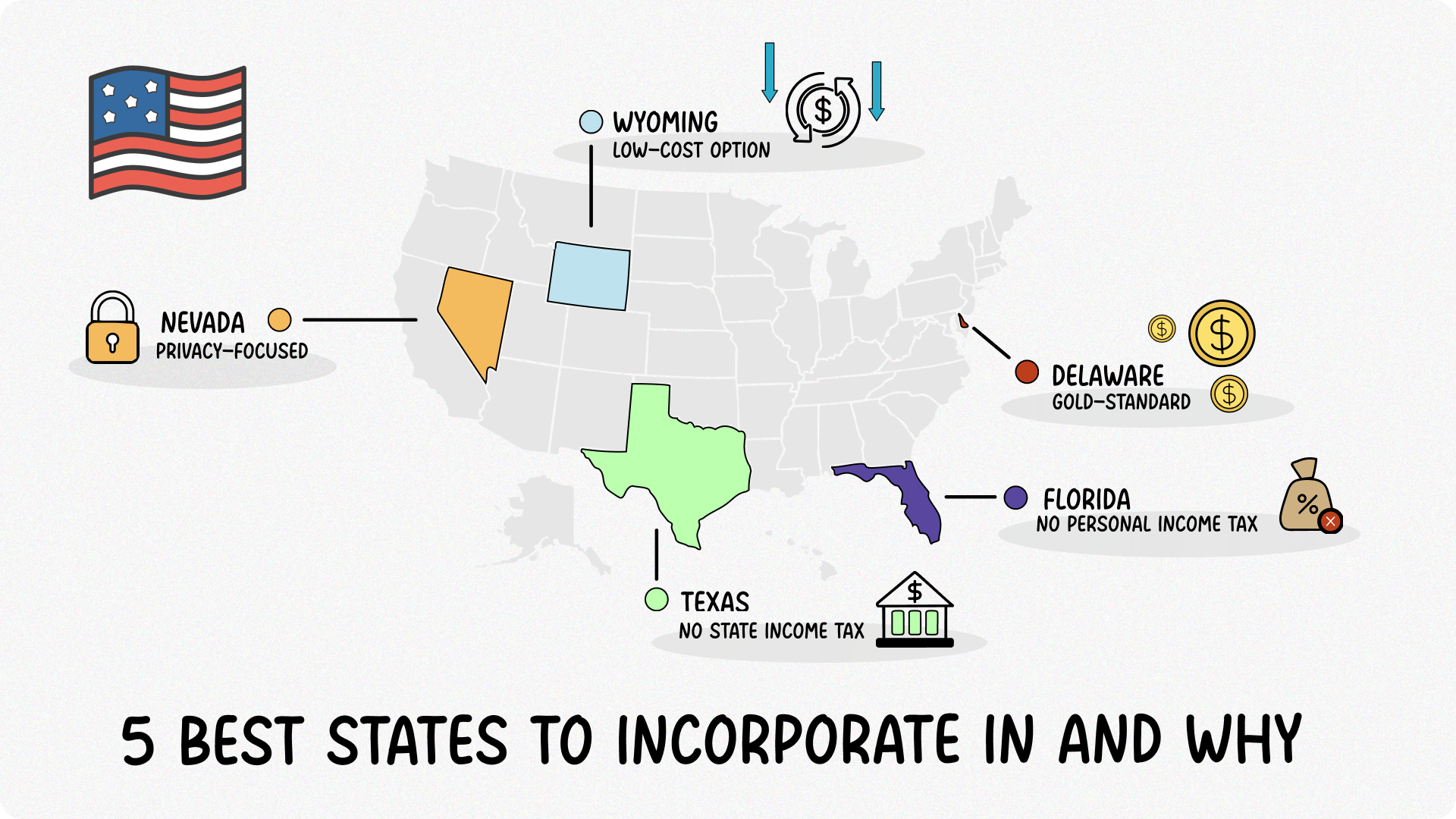If you’re a freelancer or small business owner with a registered entity in Delaware, you’ve likely heard of the Delaware Franchise Tax. Don’t let the name intimidate you. It’s not a tax on your income or profits, but rather a fee you pay to the state of Delaware for the privilege of having your business registered there. Think of it as an annual maintenance fee for your business entity.
This guide will break down everything you need to know about the Delaware Franchise Tax in simple, easy-to-understand terms.
Table of Contents
- Who Needs to Pay the Delaware Franchise Tax?
- Fast Facts & Data
- Due Dates: Mark Your Calendar!
- How to Calculate the Delaware Franchise Tax
- How to Pay Your Delaware Franchise Tax
- Take the Next Step
Who Needs to Pay the Delaware Franchise Tax?
Any business entity registered in Delaware is required to pay this tax. This includes:
- Corporations: This applies to both S Corporations and C Corporations.
- Limited Liability Companies (LLCs)
- Limited Partnerships (LPs)
- General Partnerships (GPs)
Note: Exempt domestic corporations (e.g., non-profits) are not required to pay the tax but must still file an annual report (and pay the $50 report fee).
Fast Facts & Data
- 2 million+ total Delaware entities as of late 2023.
- 298,165 new entities formed in 2023.
- 68% of Fortune 500 companies are incorporated in Delaware.
- 80% of U.S. IPOs in 2023 were Delaware-registered.
(Sources: Delaware Division of Corporations, 2023 Annual Report)
Due Dates: Mark Your Calendar!
| Entity Type | Tax Due | Report Due | Penalty for Late Filing |
| C-Corporations | $175–$200K | March 1 | $200 + 1.5% interest/month on unpaid |
| LLCs, LPs, GPs | $300 | June 1 | $200 + 1.5% interest/month on unpaid |
How to Calculate the Delaware Franchise Tax
Delaware offers two ways to calculate your corporate franchise tax—Authorized Shares or Assumed Par Value Capital—and you’ll pay the lower amount. When you file on the official Delaware Division of Corporations website, it defaults to Authorized Shares, so run the Assumed Par Value Capital calculation yourself to compare.
For LLCs and Partnerships: A Simple Flat Fee
For LLCs, LPs, and GPs, the calculation is straightforward. It’s a flat annual fee of $300.
For Corporations: Two Calculation Methods
For corporations, the calculation is more complex. Delaware provides two methods to calculate your franchise tax. You are permitted to pay the lower of the two amounts. When you go to pay your tax online, the state’s system will default to the Authorized Shares Method, so it’s worth taking the time to calculate your tax using both methods.
- Authorized Shares Method: This is the default and simpler method. The tax is based on the number of shares your corporation is authorized to issue.
- 5,000 shares or less: $175
- 5,001 to 10,000 shares: $250
- For each additional 10,000 shares (or portion thereof): add $85
- The minimum tax for this method is $175, and the maximum is $200,000.
- Assumed Par Value Capital Method: This method is more complex but can result in a significantly lower tax, especially for startups and businesses that have authorized a large number of shares but have lower asset values. The minimum tax under this method is $400.
To use this method, you will need two key figures from your business records:- Total Gross Assets: This figure should be taken from your U.S. Federal Income Tax Return (Form 1120, Schedule L).
- Total Issued Shares: This is the number of shares that have actually been sold to shareholders.
Here is a step-by-step breakdown of the calculation:
Step 1 – Calculate the “Assumed Par”: Divide your Total Gross Assets by your Total Issued Shares. Carry the result to six decimal places. This gives you the “assumed par.”
- Example: Let’s say your corporation has $100,000 in gross assets and has issued 500,000 shares. $100,000 / 500,000 = $0.20 (Your Assumed Par)
Step 2 – Calculate the “Assumed Par Value Capital”: Multiply the “assumed par” you just calculated by the Total Number of Authorized Shares.
- Continuing the example: Your corporation is authorized to issue 2,000,000 shares. $0.20 * 2,000,000 = $400,000 (Your Assumed Par Value Capital)
Step 3 – Calculate the Tax: The tax rate is $400 for every $1,000,000 of Assumed Par Value Capital. If your Assumed Par Value Capital is less than $1,000,000, you will divide it by 1,000,000 and then multiply by $400. If it’s over $1,000,000, you round up to the next million.
- Finishing the example: $400,000 / $1,000,000 = 0.4 0.4 * $400 = $160
Since the minimum tax for this method is $400, your final tax due using the Assumed Par Value Capital Method would be $400.
By using the Assumed Par Value Capital Method and paying the minimum of $400 (plus the $50 annual report fee), a corporation in this example would save a significant amount compared to the Authorized Shares Method, which would have resulted in a much higher tax bill.
How to Pay Your Delaware Franchise Tax
The state of Delaware requires online payment for the franchise tax and annual report filing. Here’s how to do it:
- Visit the Delaware Division of Corporations Website: corp.delaware.gov
- Have Your Business Entity File Number Ready: This is a seven-digit number assigned to your business when it was registered.
- Complete the Online Form: The website will guide you through the process of filing your annual report (for corporations) and paying your tax.
- Make Your Payment: You can pay by credit card or through an ACH debit from your bank account.
- Save your confirmation for your records.
By understanding these simple blocks—and knowing where to look on the official Delaware Division of Corporations website—you’ll stay in good standing and keep your focus on growing your business.
Take the Next Step
Ready to take the hassle out of your business finances? At Fynlo, we specialize in helping freelancers and small business owners—just like you—stay compliant, organized, and focused on growth. From managing your Delaware Franchise Tax filings to crafting custom financial dashboards, our team acts as your in-house finance department—without the overhead.
Schedule your free discovery call
Continue your learning journey with these related accounting insights:







